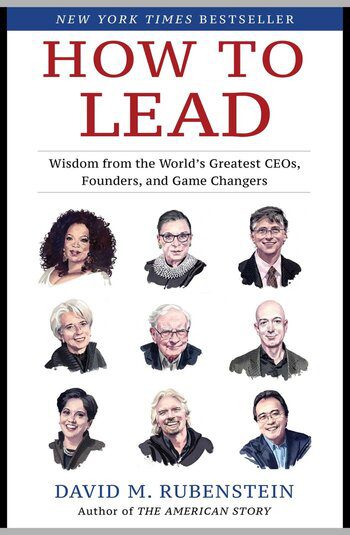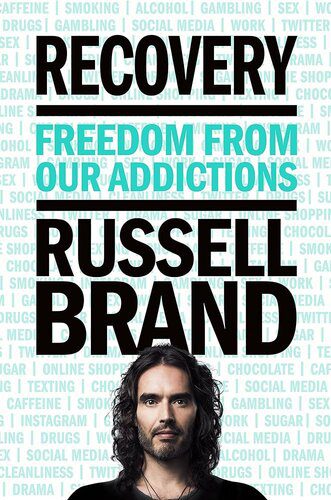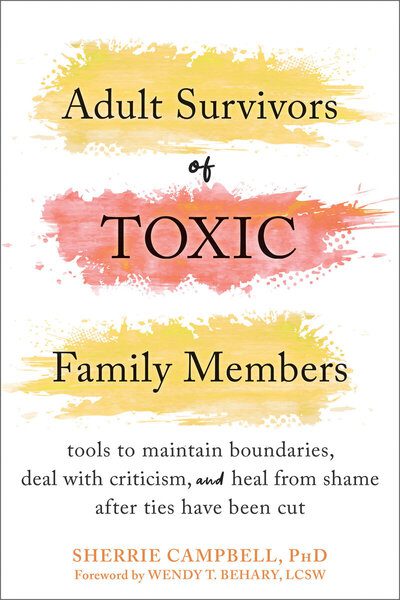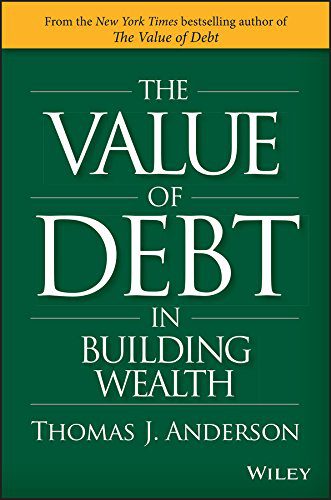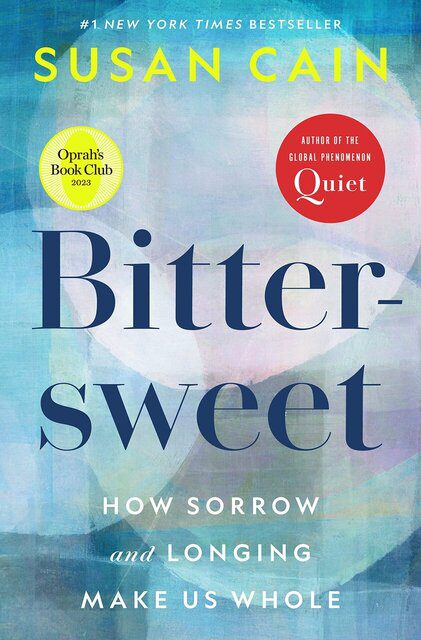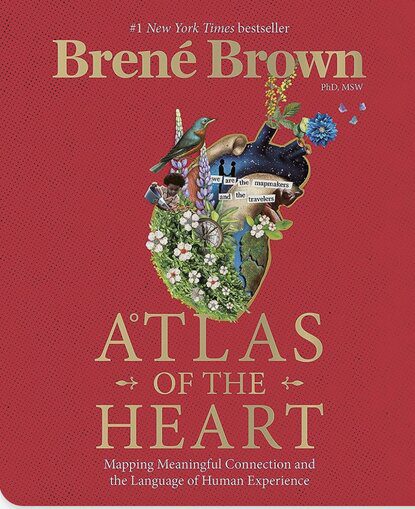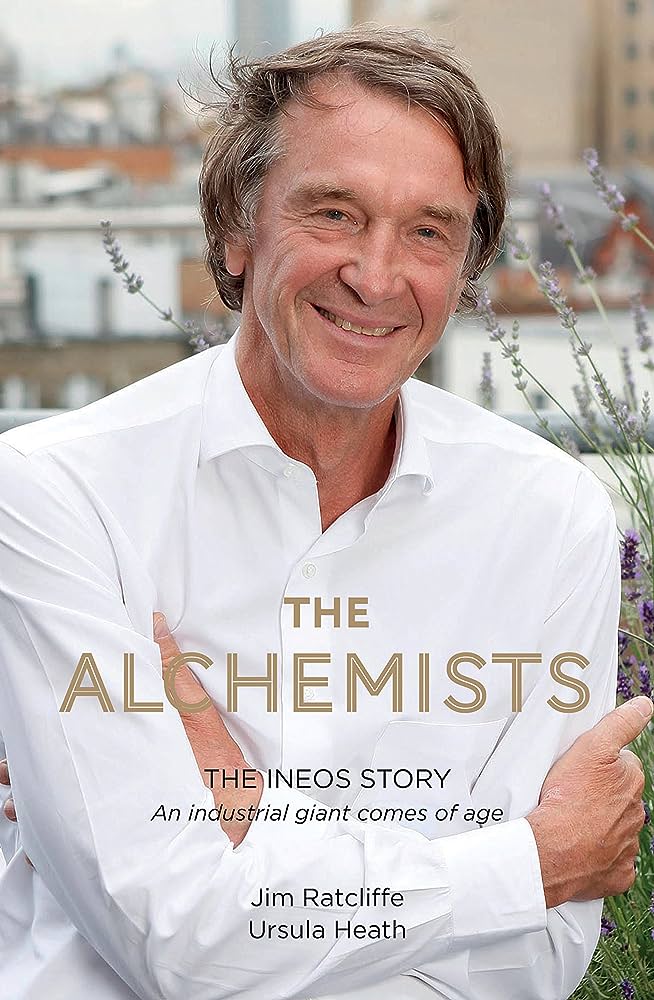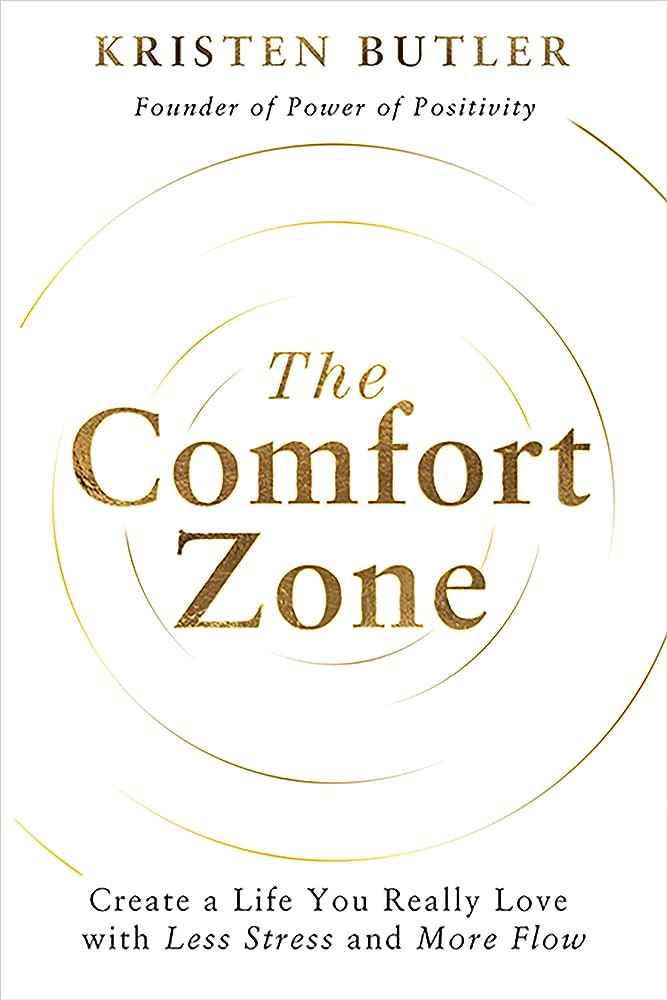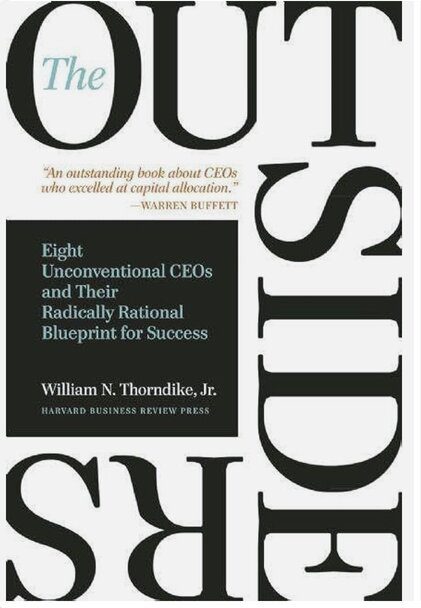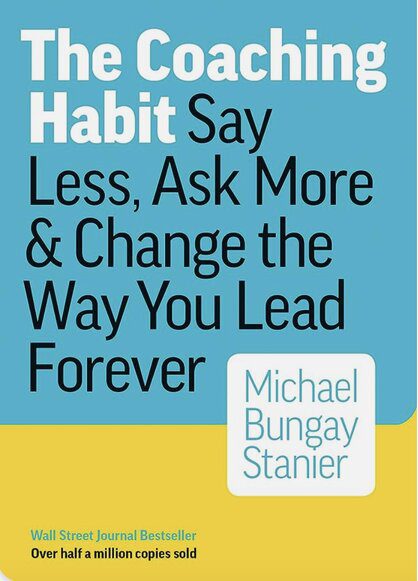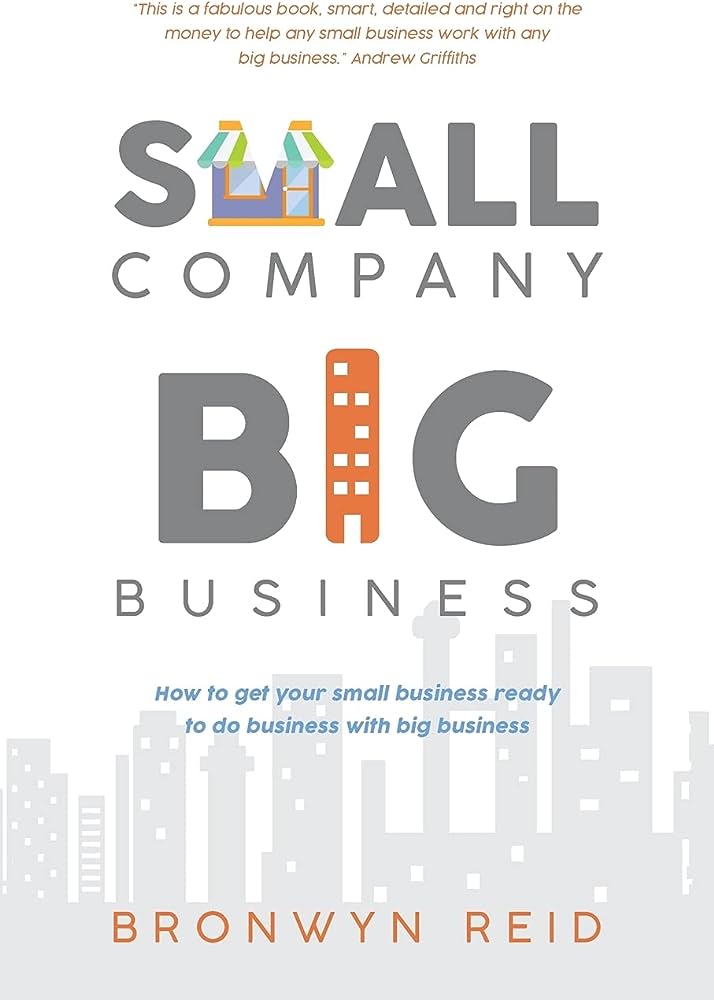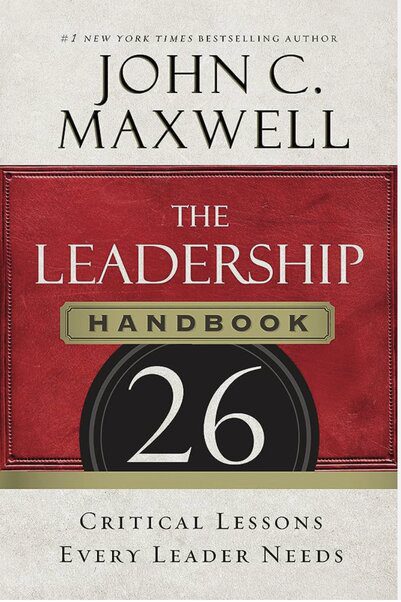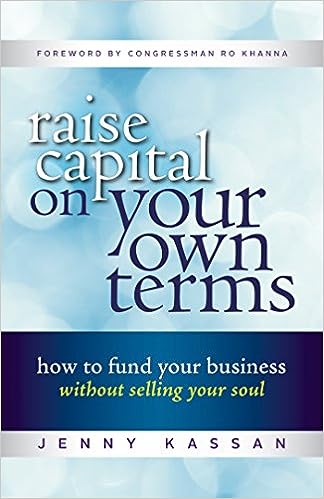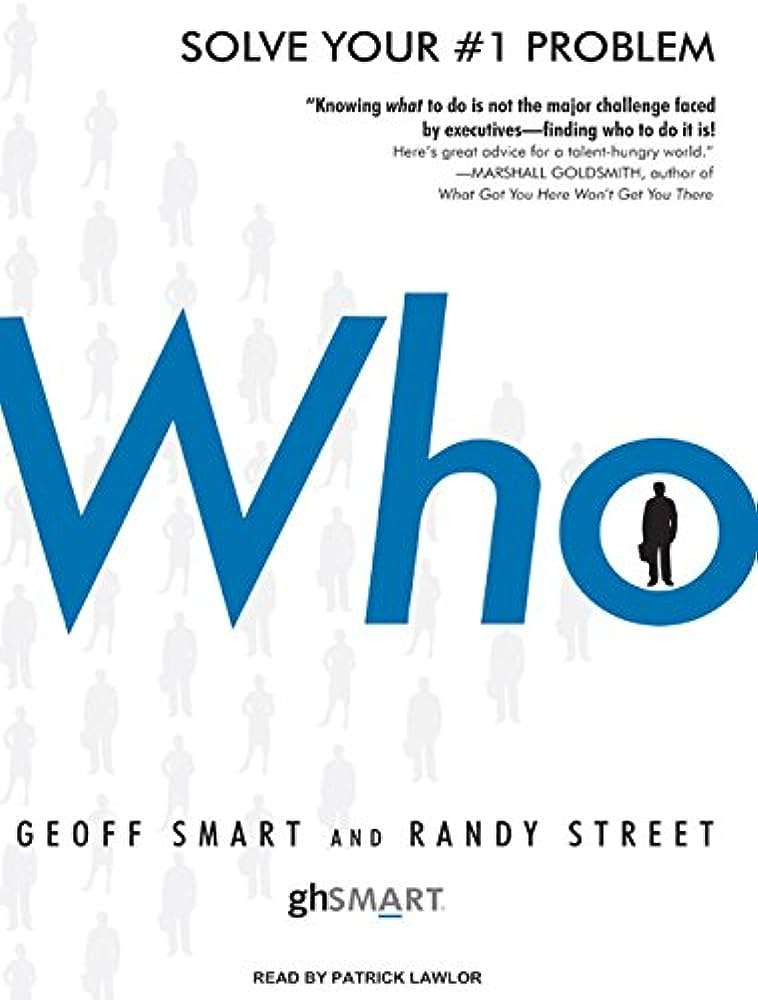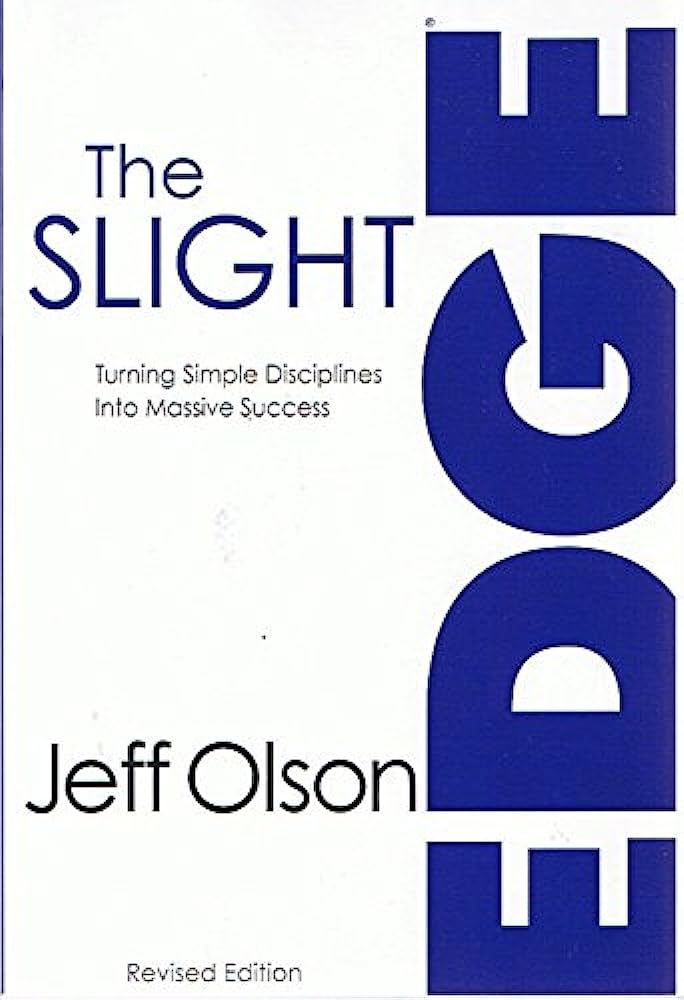In How to Lead: Wisdom from the World’s Greatest CEOs, Founders, and Game Changers, American lawyer and co-founder of the private equity firm The Carlyle Group, David Rubenstein interviews and profiles some of the world’s most successful individuals. He shares his discussions, advice, and wisdom from CEOs, presidents, founders, and master performers from the worlds of finance (Warren Buffett, Jamie Dimon, Christine Lagarde, Ken Griffin), tech (Jeff Bezos, Bill Gates, Eric Schmidt, Tim Cook), entertainment (Oprah Winfrey, Lorne Michaels, Renee Fleming, Yo-Yo Ma), sports (Jack Nicklaus, Adam Silver, Coach K, Phil Knight), government (President Bill Clinton, President George W. Bush, Ruth Bader Ginsburg, Nancy Pelosi), and many others.
David Rubenstein has had a long fascination with different individuals becoming and staying leaders. In 2008, he became the president of the Economic Club of Washington, D.C., and began almost monthly interviewing a prominent business, government, or cultural leader. As a follow up he started the Peer to Peer interview show on Bloomberg TV in 2016 (broadcast on PBS as well since 2018). The How to Lead Book is an outgrowth of these interviews and is designed to provide the reader with the perspectives of different kinds of leaders, with the hope that readers might be inspired to develop or enhance their own leadership skills.
Rubenstein divides the leadership experience of interviewees in the book into six categories:
- Visionaries: Jeff Bezos, Bill Gates, Richard Branson, Oprah Winfrey, and Warren Buffett
- Builders: Phil Knight, Ken Griffin, Robert F. Smith, Jamie Dimon, and Marillyn Hewson
- Transformers: Melinda Gates, Eric Schmidt, Tim Cook, Ginni Rometty, and Indra Nooyi
- Commanders: George W. Bush and Bill Clinton, Colin Powell, David Petraeus, Condoleezza Rice, and James A. Baker III
- Decision-Makers: Nancy Pelosi, Adam Silver, Christine Lagarde, Anthony S. Fauci, and Ruth Bader Ginsburg
- Masters: Jack Nicklaus, Mike “Coach K” Krzyzewski, Renée Fleming, Yo-Yo Ma, and Lorne Michaels
